America’s political landscape in recent years has been characterized by sharp divisions. Still, the U.S. Congress, which often is in gridlock like I-70 during rush hour, just reached a near unanimous consensus with an 88–2 vote. Eighty-eight to two. What brought both sides together? Nuclear energy. It seems that around the country and on Capitol Hill, the time is now to push for a revival of nuclear power.
We are living in a time of great change in the energy sector. Demand for electricity is on the rise again, with electricity-guzzling data centers and electric vehicles driving the growth. In fact, Goldman Sachs has forecasted that data centers will rise from 2.5% to 8% of all United States electricity usage by 2030.
And what about replacing existing demand? While coal comprised 66% of Ameren Missouri’s electricity production in 2022, Ameren plans on bringing that number down to 0% by 2045. Zero.
So, we need a lot more energy, and we want it to be reliable, powerful, and clean. But what are our options? Regardless of your position on coal or renewables, we know nuclear power can check all three boxes. Unfortunately, regulation has made it difficult to move new nuclear plants from blueprints to reality.
Still, there is some good news. The federal government recently made a big move to streamline the nuclear regulatory process. The ADVANCE Act, signed into law on July 9, will make building new nuclear reactors easier everywhere in the country.
What does this new federal law do for Missouri? First, it will streamline the process for converting “covered sites” (land formerly used for coal plants, factories, etc.) into nuclear reactor sites. Missouri is moving toward shuttering its coal plants—meaning that many covered sites will become available. Our state now has a chance to turn some of its retiring coal plants, such as the Sioux Power Plant in St. Charles County, into full-size, advanced nuclear reactors or small-modular reactors. Doing so would not only strengthen our grid but also keep high-paying jobs in the affected communities.
Second, the ADVANCE Act mandates that the Nuclear Regulatory Commission (NRC) expedite the “combined license” process for applicants building at a site where a nuclear plant currently operates or has previously operated.
Related: Energy Crisis Part Deux? The Biden Administration Has Us Headed That Way
Finland Debuts New Nuclear Waste Storage Site, Could Be the Model for Other Nations
Missouri has had great success with nuclear energy, with the Callaway nuclear plant operating reliably since 1984. It alone provides 26 percent of Ameren Missouri’s generation—enough electricity for 800,000 homes. With the licensing process now expedited, why not look into constructing new reactors at the Callaway Plant location? The location is approved, and the infrastructure is in place.
Sadly, this past session, Missouri missed another opportunity to repeal our own burdensome anti-nuclear regulations—specifically, fixing the construction-works-in-progress (CWIP) law, which was passed in 1976. The law prevents utilities from being able to bill ratepayers for power plants that are still under construction. For an extremely capital-intensive project like nuclear, this is a significant barrier.
When the CWIP law was passed, trust in nuclear energy was low. That’s not the case today; in fact, support is at its highest point in 40 years, with 77 percent of Americans favoring nuclear’s use today as opposed to 49 percent in 1983 (earliest year available). Nuclear energy is an investment, as these plants provide a unique combination of powerful, reliable, clean, and constant energy for decades. Removing the CWIP law would allow utilities to recoup the cost of capital gradually during the construction phase, as opposed to recovering it all upon completion. This would create a realistic opportunity to reopen the door for nuclear power in Missouri.
With federal barriers to nuclear power coming down, the only thing keeping Missouri from solving its energy problems are the state’s own laws. What are we waiting for?
Avery Frank is a policy analyst at the Show-Me Institute, which promotes market solutions for Missouri public policy.
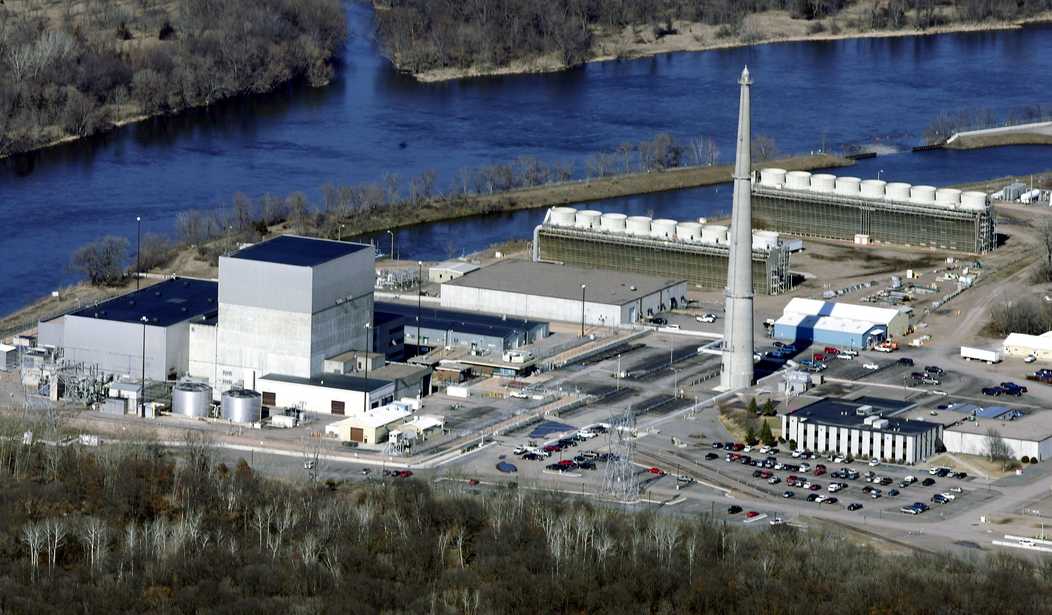
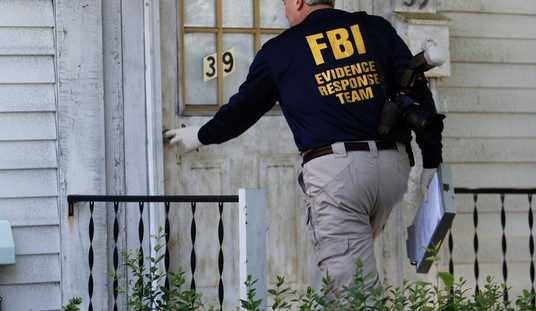

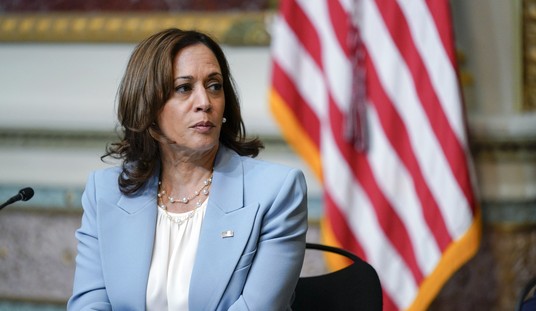




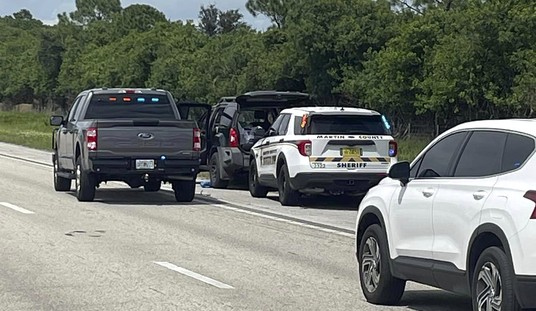

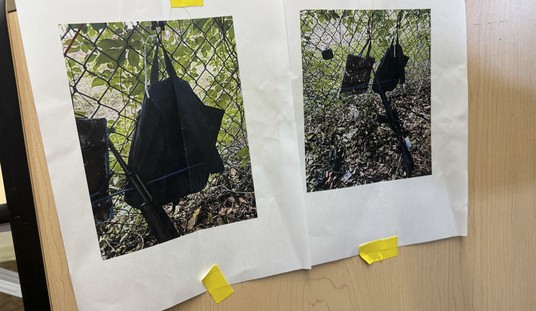

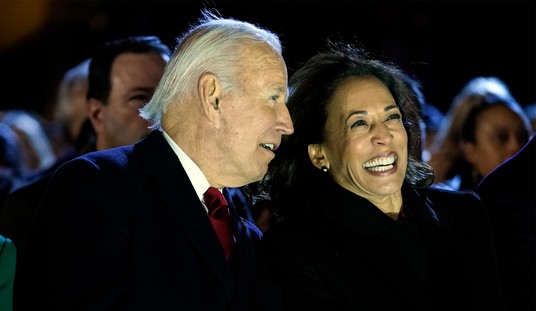
Join the conversation as a VIP Member